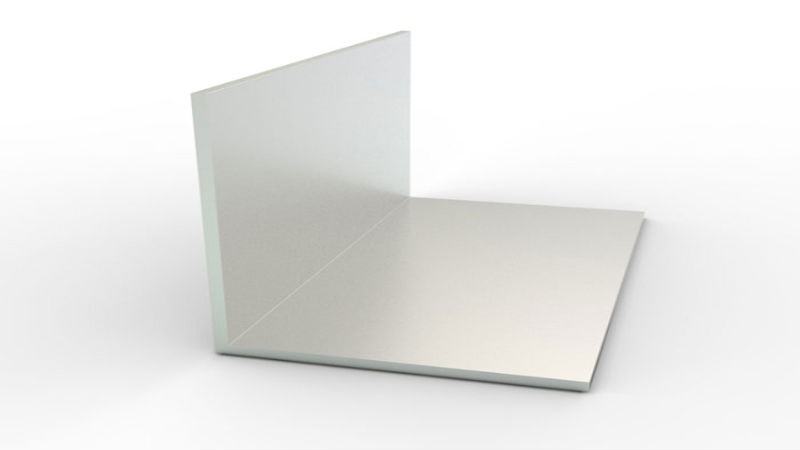When it comes to working with the various aluminum alloys it is important to know the alloy and to understand the basics of what will work and what will not. Generally used in the transportation industries such as marine, automotive and aerospace the 7075 aluminum alloys can be challenging for those new to working with this option.
There are different tempers in the 7075 alloy and there are differences between each one. All have their primary components as aluminum and zinc. It is considered to be as strong as some of the steel options, plus it has the added advantage of very light weight. This combination creates the right characteristics for use in boats, planes, spacecraft and automobiles as well as for sporting equipment.
The 7075 alloy can be either extruded or forged. It can be found in shafts, fuse parts, valve parts, ATV parts, gears as well as fittings. However, the primary use of the alloy is still in the aerospace industry where it continues to be the choice in prototypes and fabrication or aircraft parts and components.
Welding Issues
The 7075 aluminum is not as corrosion resistant as some of the aluminum alloys, but it does have some natural corrosion resistance. It is considered to have average machinability. However, the one drawback to most of the 7075 tempered alloys is that they are not arc weldable.
Welding 7075 will create a good looking weld that initially will hold. Over time microscopic cracks will form between the metal and the weld. In a short time or over a much longer period the weld will fail.
Heat Treatment
There are various different options for the heat treatment of the 7075 alloy. This is completed to release internal stress and to help to increase the natural strength and resistance of the surface of the alloy.
It is typically heat treated at 900 degrees Fahrenheit for two hours. This is followed immediately by water quenching and hardening treatment. It can also be annealed at temperatures of 775 degrees Fahrenheit for three hours and then carefully air cooled under controlled conditions. This will include a specific amount of cooling time based on the air temperature. Aging can also be done to create the specific temper required.
Before working with any of the 7075 aluminum tempers, talk to an aluminum specialist. These professionals can provide the insight needed to work with the alloy as you require.
